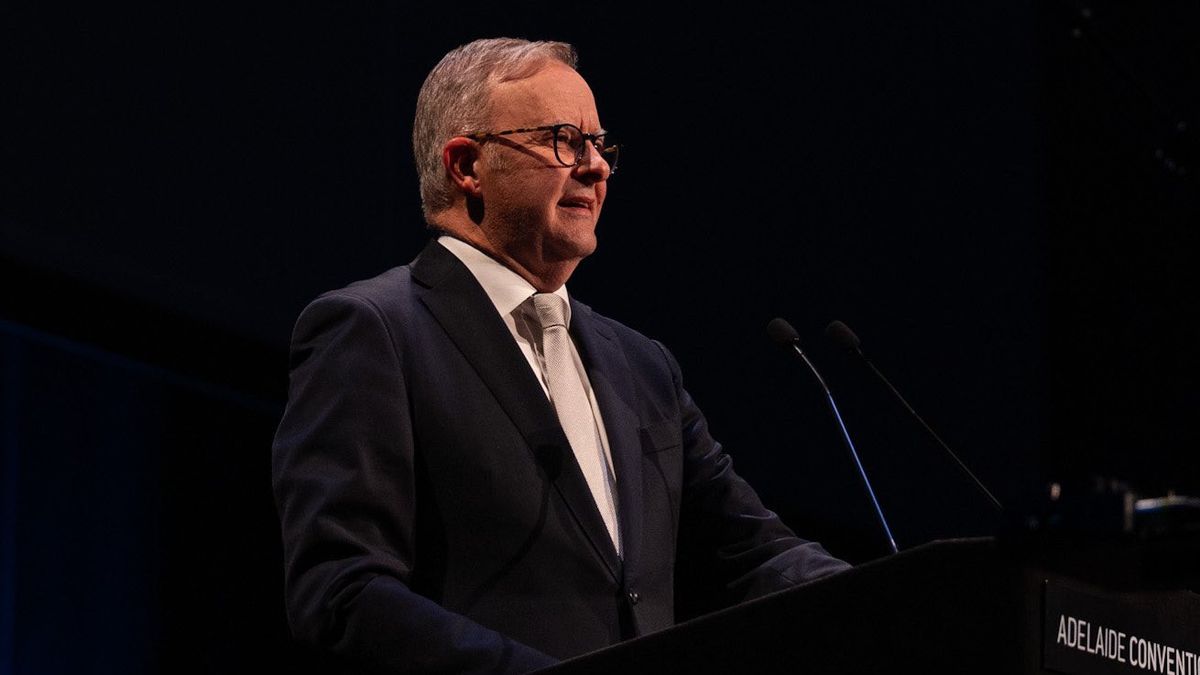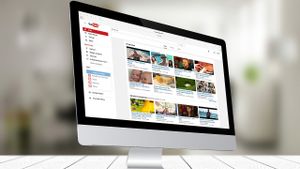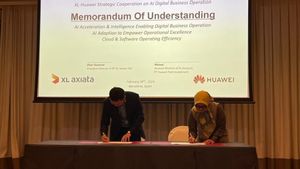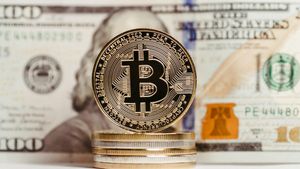JAKARTA - Meta Platforms Inc. announced that they will no longer pay Australian news publishers for content that appears on the Facebook platform. This decision marks the peak of tension between Meta and the Australian government over legislation requiring the internet giant to pay licenses to news publishers.
Previously, news publishers and the Australian government had criticized Facebook and Google for being deemed unfair in terms of advertising revenue when links to news articles appeared on their platform. Meta, which owns Facebook, has restricted the promotion of news and political content to increase traffic, and says that news links are now only a small part of the user's feed.
In a statement, Meta confirmed that it would stop news tabs on Facebook promoting news in Australia and the United States. They have taken this move in the UK, France, and Germany.
"We will not offer a new commercial deal for traditional news content in these countries and will not offer new Facebook products specifically for news publishers," the company said.
Meta's decision put him against the Australian government and its laws imposed in 2021. Australian Prime Minister Anthony Albanese stressed that the idea that one company could benefit from other people's investments, including in journalism, was unfair by Australian perspective.
"The idea that one company can profit from other people's investments is not only investing in capital but also investing in people, investing in journalism, unfair," Prime Minister Anthony Albanese told reporters. "That's not Australian's way," he added.
The Australian government is now seeking advice from the Department of Finance and the Australian Competition and Consumer Commission (ACCC) on further action to be taken.
Rod Sims, the former chairman of the ACCC who oversaw the drafting of the law, called the reversal of Meta's decision a selfish act that harms the public. Sims expressed his concern about his impact on the quality of journalism that appears on social media.
SEE ALSO:
Under the applicable law, the Australian government has the right to appoint mediators to set Meta charges and impose fines if the company refuses to cooperate. Even so, Meta is not required to pay news publishers if they block users from re-sharing news articles, as they did in 2021.
Criticism also emerged from Australian media, which called this decision an attack on the news industry. While the value of the deal was not disclosed, Australian media reported that Facebook's deal is worth USD 70 million (IDR 706.6 billion) annually for the industry.
Google, Facebook's main competitor in media licensing, has updated its agreement with Australian news publishers. Nonetheless, many governments around the world are still trying to protect their local news industry from the dominance of tech giants.
The same thing was also done by Indonesia which issued the Publisher Rights regulation last February. However, in responding to the new rules, the Indonesian government Meta stated that it was not obliged to pay for a news link that was uploaded voluntarily to their platform.
The English, Chinese, Japanese, Arabic, and French versions are automatically generated by the AI. So there may still be inaccuracies in translating, please always see Indonesian as our main language. (system supported by DigitalSiber.id)















